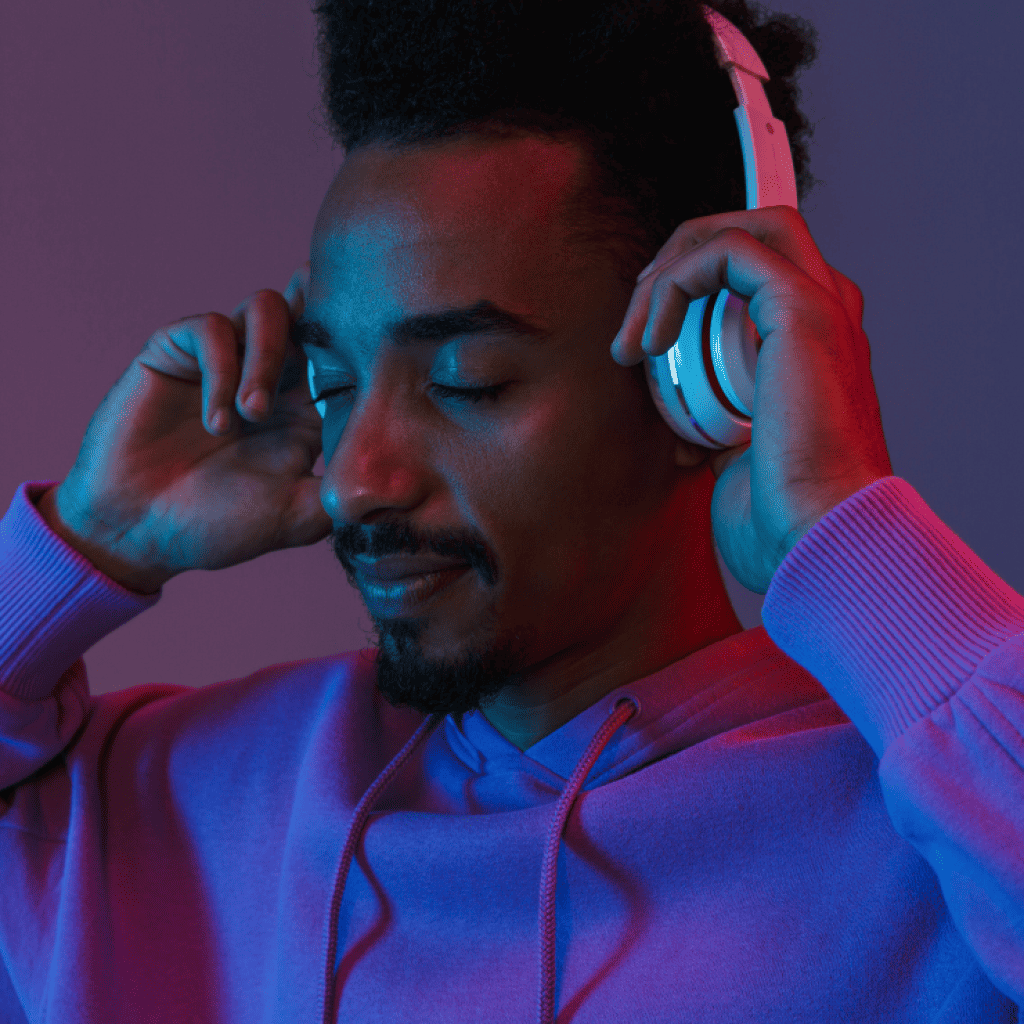| By Leah Dawang |
Earlier this month, more than 40 of today’s brightest luminaries came together at the historic and prestigious Oxford University for one of the largest events in the trauma-healing and mental health profession. Hosted by The Master Series, these thought leaders took the stage to share their insights on timely and relevant topics in our world today, ranging from trauma and safety to music and chronic pain.
The Unyte team was excited to be on location and hear from speakers that included Dr. Stephen Porges, Kim Barthel and Deb Dana in sessions featuring the Safe and Sound Protocol, Polyvagal Theory, and the impact they’ve made on clients and the provider community.
Here are three key takeaways we learned from this event.
Sound in healing was a recurring theme
Music was in the air, metaphorically and literally. Throughout the four-day conference, sound became an evident theme that was woven through many presentations, with six sessions being devoted to exploring its healing power.
Notably, Kim Barthel, OTR/L, C/NDT, led a powerful workshop on the Safe and Sound Protocol (SSP): Opening a Window Toward the Conscious Evolution of the Human Spirit. Met with a standing ovation, a couple of insights that she shared included:
- “Safety is the stage setter for all other human function.”
- “The SSP gets us ready to be in relationship.”
- “The SSP allows someone to step into the feeling of possibility.”
Kim is a member of Unyte’s Clinical Advisory Board, an expert SSP provider, and a contributor to the SSP Training and Certification course. You can also read a summary of her reflections from the event here.

Discover the Safe and Sound Protocol
Created by Dr. Stephen Porges, the Safe and Sound Protocol (SSP) is a powerful listening therapy based on the science of Polyvagal Theory.
Safety is the foundation
During Kim’s workshop, she and Unyte were joined by two special presenters from the Witherslack Group: Billy Smallwood, Clinical Director, and Waveney Patel, Regional Director. Witherslack is the leading provider of specialist education and care for young people across multiple locations in the U.K. The organization is an SSP provider, and offers the listening therapy within its mental health, occupational therapy, and speech and language programs.
Billy and Waveney helped the SSP come to life through case stories and reflections about the impact of the SSP on real students, with an emphasis on felt safety being the foundation of healthy relationships and engagement in learning. The audience was also inspired by the range of benefits they reported with the SSP, such as improved positive emotional expression and sleep, and reduction in anxiety and disturbances during class.
As seen in Kim’s and Witherslack’s presentations, the SSP offers a road to what Dr. Porges called in his keynote an obligatory requirement for the nervous system: safety. As Billy and Waveney shared, the SSP has become a “vital tool in our toolbox to open up connection and possibilities for change.”
Learn more about how we work with organizations, clinics and health centers →
Connection makes us human
Oxford is a physical representation of “both/and” thinking — that many different feelings can coexist and that all experiences are valid. It’s a place that holds the tension between the roots of colonialism and the achievements of celebrated Nobel Prize winners and thought leaders, and it’s important that we acknowledge this as providers working together toward collective healing.
As an attendee, I was also deeply grateful to be embodied in a time such as this, as we live toes over the edges of neuroscience breakthroughs and deep in the waters of ancient healing. While standing among giants in our field of healing, which included Drs. Sue Carter, Bessel van der Kolk, and Peter Levine, I was reminded that, to quote Brené Brown, “People, people, people are just people, people, people.” They’re real-life people who had an idea, and were brave and vigorous enough to follow it as it twisted and turned. They’re people who, with flaws and fortes alike, revolutionized how we conceptualize the human experience, give voice to our requirement for safety, and confirm what has long been intuitively known: our neurobiological demand for connection.
As we reflect on this wonderful event, on behalf of Unyte, we’re grateful to join them and you as we all sit at the same table doing the work of changing the world for the better.
Where to watch the recordings
Missed this event? For a limited time, you can still get access to watch the recordings — and earn CEs — when you purchase your annual Safe and Sound Protocol (SSP) subscription now.
Contact us to get started today!
With contributions from Becca Lill.



 © 2025 Unyte Health US Inc.
© 2025 Unyte Health US Inc.